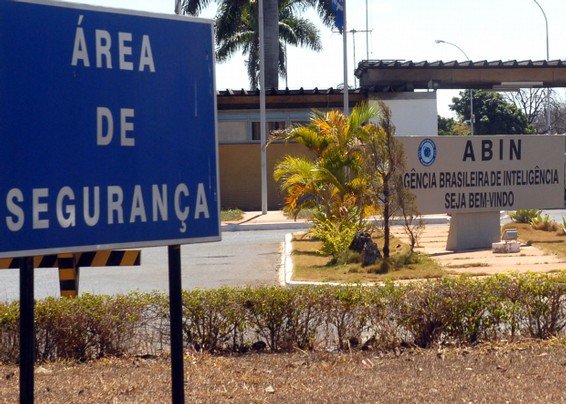This Content Is Only For Subscribers
To unlock this content, subscribe to INTERLIRA Reports.
President Luiz Inácio Lula da Silva (PT) transferred the Brazilian Intelligence Agency (Abin) to the Civil House, a ministry commanded by Rui Costa. Former head of the Federal Police Luiz Fernando Correa is expected to take over as commander of the intelligence agency. Before, Abin was part of the Institutional Security Office (GSI). Abin is the main Brazilian intelligence agency and now, with the transfer to the Civil House, it is no longer under the command of the military. The change is part of a broader Abin demilitarization project. The plan to reduce military influence in areas linked to the presidency dates back to the transition but became urgent after 8 January – after the events of that Sunday, Lula has been advised to place Abin far from the military reach.
Performance on 8 January
The change takes place almost two months after protesters attempting a coup invaded the headquarters of the Three Powers in Brasília, on 8 January. On January 8, Abin alerted local security authorities in the Federal District between 9:00 and 10:00 about Bolsonaro supporters who were inciting a possible invasion and depredation of public buildings. The alerts were issued hours before they left for the Esplanada dos Ministérios, which started at around 2:00. In less than an hour, Bolsonaro supporters began the invasion of the National Congress, the Federal Supreme Court and the Planalto Palace. The performance of the GSI at the time was the target of criticism in the political world and by opponents. Although not responsible for approximate presidential security, the ministry is in charge of the dependencies of the Presidency.
Importance for Bolsonaro
Abin has always been targeted by Jair Bolsonaro (PL), who used to say that he wanted to have his own intelligence system. The assessment in the Lula government is that, with Alexandre Ramagem – appointed by Bolsonaro –, Abin became a kind of private agency to spy on and protect relatives and friends of the former president. Ramagem was ahead of Abin between November 2019 and March 2022.
New priorities
One of the new Abin priorities will be to identify and monitor extremist groups on social networks in order to anticipate attacks on democracy, such as those that occurred on 8 January. Funders of hate speech groups will receive special attention. Another change is that the academic world will be heard in the reformulation of Abin’s current strategy. Abin’s line of action is expressed in the National Intelligence Policy and in the National Intelligence Strategy. Both documents will be reviewed.
Our Analysis:
Abin’s departure from the GSI inffluence further empties the ministry. Until the last administration, it was also responsible for the security of the President. Lula, however, assigned this function to the Extraordinary Secretariat for Immediate Security, created at the beginning of his administration, and linked to his personal office in the Planalto Palace. During the transition, when this new structure was created, one of the arguments presented for the creation of the Extraordinary Secretariat for Immediate Security was that there was a suspicion that the GSI was under the influence of professionals connected to the former administration, especially those from the Armed Forces . The 8 January invasions further weakened Lula’s confidence in the GSI. Lula did not hide his distrust of the military who worked in the government after the attacks and accused “people from the Armed Forces” of having colluded with the invasion of the Planalto Palace.




